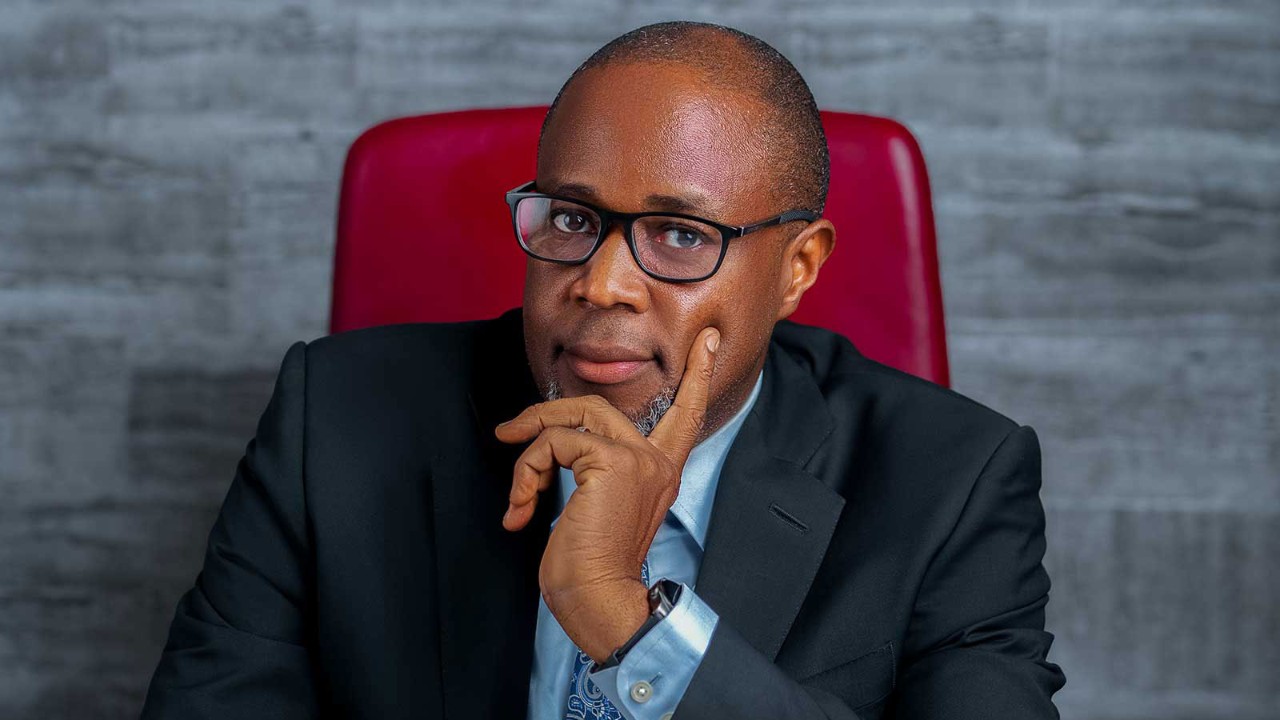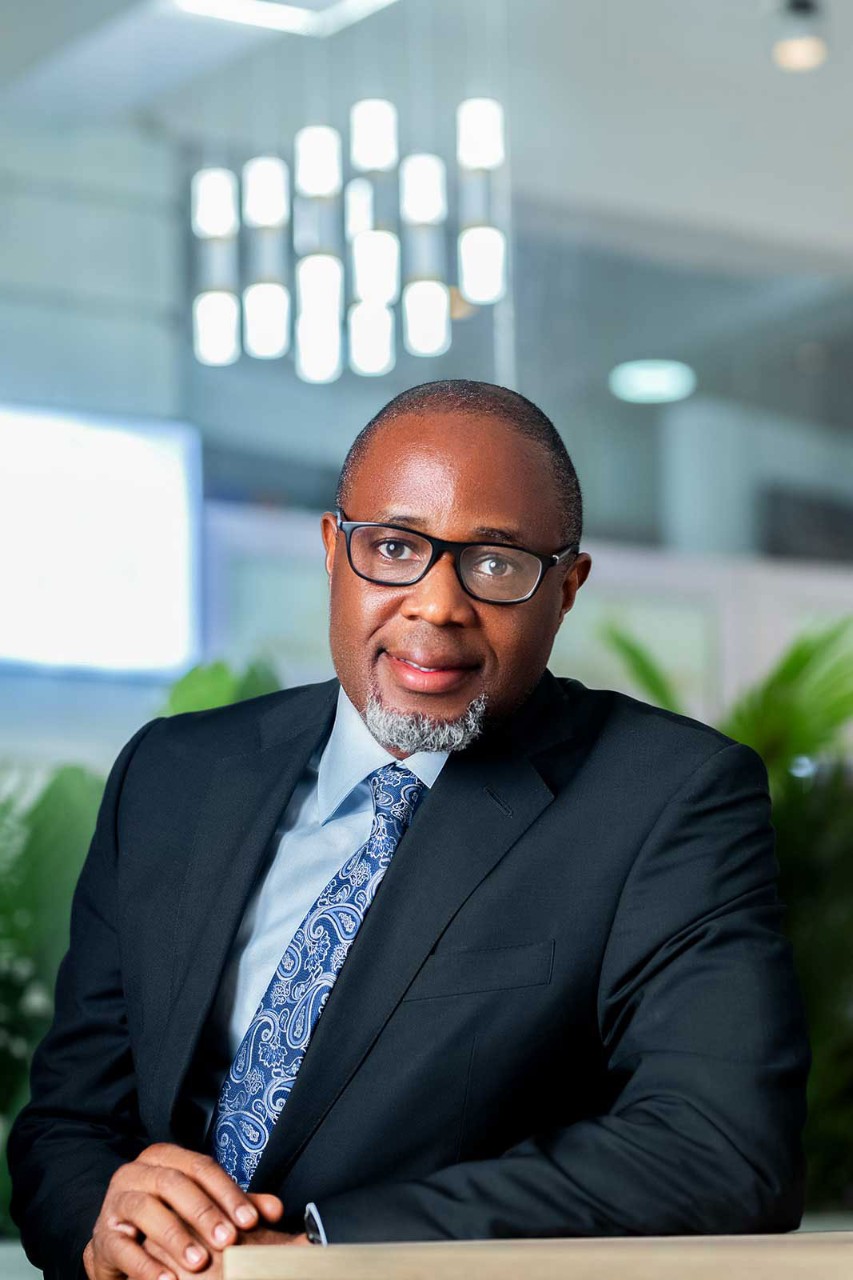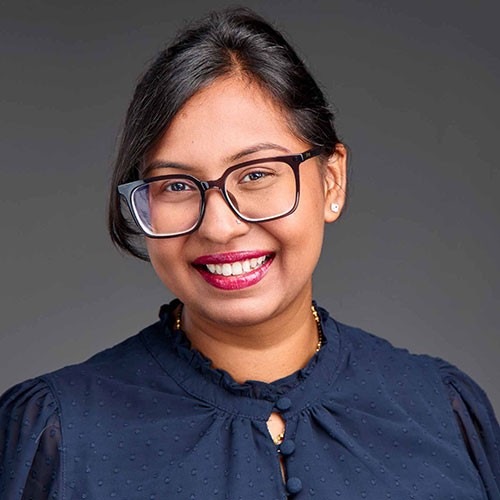
Okechukwu Nnanyelum (aka Okey) Umeano FCCA is a busy man. As the chief economist of the Securities and Exchange Commission (SEC) Nigeria, he oversees 29 staff across five divisions from the SEC’s head office in Abuja.
But that’s not all. As well as leading the SEC’s economic research, he was until recently spending half his time in Ghana’s capital Accra advising on the West Africa Capital Market Integration project, while still on occasion finding the time to teach derivatives, finance and risk management at the SEC’s Nigerian Capital Market Institute. And if work were not enough, he is also an engaged father of four, a regular contributor to AB magazine, and teaches at two exam preparation providers at weekends.
‘Waking up at 4am allows me to accomplish a lot during my day’
SEC Nigeria
Established in 1979, the Securities and Exchange Commission is the main regulatory institution of the Nigerian capital market and responsible for market regulation and development.
It became a member of the global standards-setter, the International Organization of Securities Commissions (Iosco) in June 1985, and since 2006 has benchmarked its market rules and regulations against those of Iosco.
Targets
Given so many competing demands on his time, Okey focuses on getting things done and crossed off a long, long list. ‘We have a great deal to do at the SEC and have set ourselves a lot of targets,’ he says. ‘As an emerging economy, we have to develop unique ways of doing things.’
Among other initiatives, the Commission started the process of creating a derivatives market from virtually nothing four years ago. However, as in any other emerging market economy, that presented some very specific challenges. ‘Unlike in more developed economies, we only had a few derivatives being traded over the counter, so we really had to build the market from scratch,’ he says.
Okey’s role in this particular process was to help craft the rules that enabled the creation of derivative products from the ground up, the licensing and approval of two central counterparties, and the approval of contracts traded on the exchanges.
‘Generally, we regulate that market and ensure that it’s orderly and things are done in the right way,’ he says. ‘We create rules that mirror those from other countries, but we develop them to fit our unique environment. That’s what I mean by creating the market from the ground up and encouraging the operators we regulate to come up with the derivative products.’
‘When I see the impact of my work across the SEC, that makes me very happy’

In the past two years Okey has also helped create rules to enable crowdfunding platforms that allow SMEs to raise funds without having to go to the big exchanges. There’s a glimpse of yet another time-swallowing task when he admits: ‘We had to build that from scratch as well.’
Hard work, certainly, but also hugely satisfying. ‘When I go to the website of the SEC, I can see the impact of my work throughout the organisation, and that makes me very happy,’ he says.
4am starts
So what’s his secret when it comes to successfully squeezing in all this work within the working week? Okey says it was the time management practices he developed while studying for the ACCA exams. ‘When I began preparing for the exams, I got into the habit of starting early. I would wake up at 4am and put in two or three hours before heading off to work.’ The practice stuck, he adds, and ‘allows me to accomplish a lot during my day’.
His advice to others with crammed schedules trying to get things done is to structure their days. ‘If faced with a full and hectic agenda, learn to compartmentalise and do particular things at certain times during the day,’ he suggests.
The dream
Okey’s moonlit starts may not be for everyone but, he points out, it helps if you love what you do. ‘My calling was finance and economics from early on,’ he says.
Initially, though, accounting was not on the cards. ‘In our day, our parents wanted us to be in medicine, law or engineering – those were the three preferred professions – so the plan was to study biochemistry and then pursue a medical degree.’ But having achieved his BSc in applied biochemistry in 1998, he decided to change direction.
‘Deep inside, I always preferred finance and economics, so I opted to do an MBA and from there obtain my ACCA designation.’ The ACCA path was his choice, he says, because the broad body of knowledge covered by the exams would be helpful in furthering his career. ‘The ACCA qualification was the foundation; it was rigorous and writing the exams strengthened my ability to get things done.’
‘There’s great satisfaction in contributing to the development of someone’s career’
Continuous learning
His own ACCA studies are 15 years behind him now, but he still teaches the ACCA programme regularly at weekends and says he feels ‘privileged’ to have tutored so many ACCA students. He urges others to give back if they can: ‘Be an advocate to help others along,’ he says. ‘There’s a great deal of satisfaction in contributing to the development of someone’s career.’
And if there is one mantra he urges his students to adopt, it is to never stop learning. He certainly walks the walk himself on this one, having achieved an MSc in financial management in 2017, an MPhil in management in 2019, and a PhD in finance in 2022.
‘If you need knowledge in a particular area, don’t be afraid to go and get it,’ he urges. ‘I tell my mentees to read as much as possible. The profession will always need strong leaders who are also constantly learning and pursuing designations like ACCA.’
CV
2019–present
Chief economist, Securities and Exchange Commission Nigeria, Abuja
2021–23
Adviser, West African Capital Market Integration (WACMI) project, West Africa Monetary Institute, Accra, Ghana
2016–19
Head of risk management, Securities and Exchange Commission Nigeria, Abuja
2015
Macroprudential stress test specialist, Central Bank of Nigeria, Abuja
2010
Investment research manager, Central Bank of Nigeria
2004
Assistant manager, currency operations, Central Bank of Nigeria
Senior supervisor, treasury, Central Bank of Nigeria



